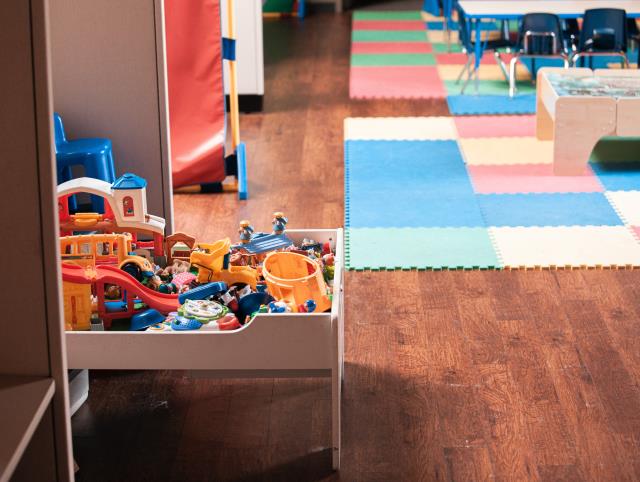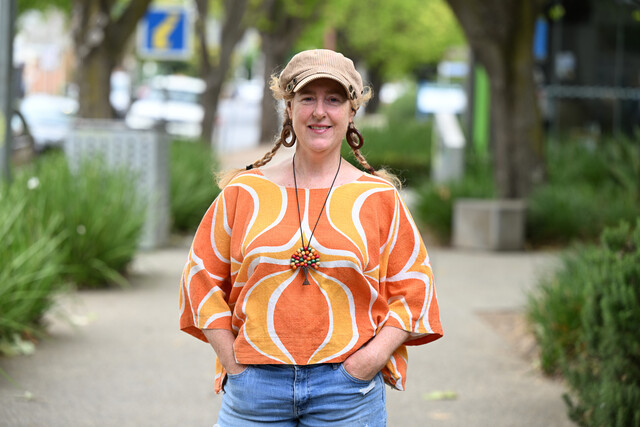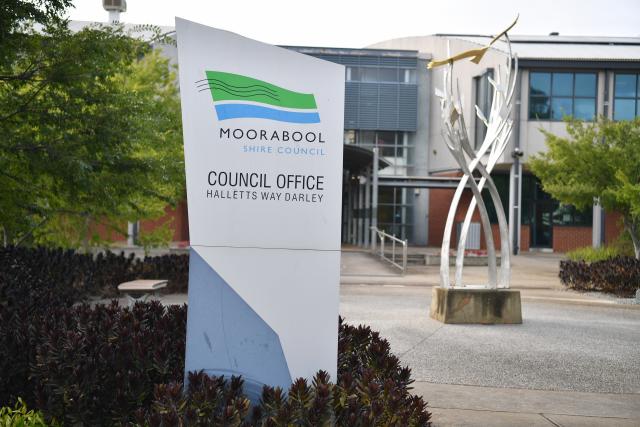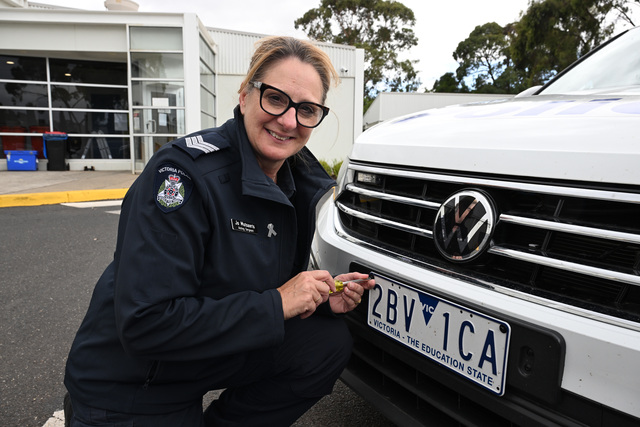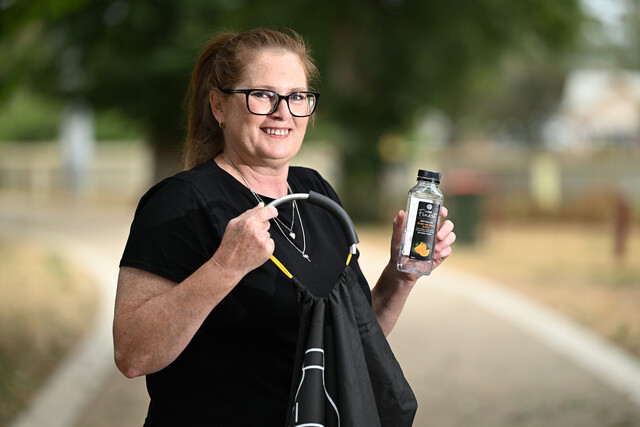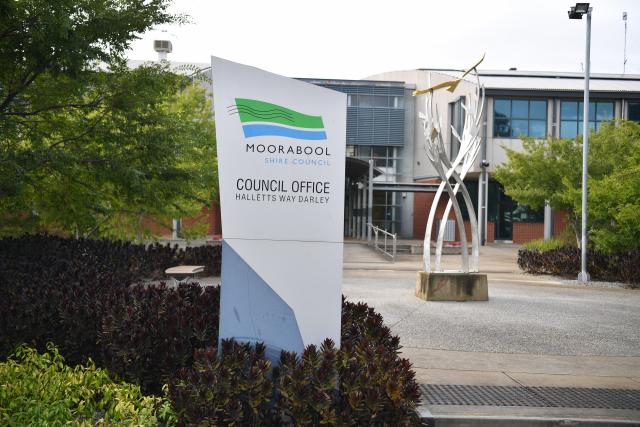Almost 650 new classrooms will be needed over the next decade to cater to Melton’s rapidly growing population, new research has warned.
Student numbers in the municipality will explode by 58 per cent – or 15,650 school entries – by 2026, with almost 8000 of these being primary school-aged, according to a Grattan Institute analysis.
Population growth is concentrated in nine municipal areas, Grattan Institute’s Peter Goss said, with Wyndham, Whittlesea and Melton needing the most new classrooms over the next 10 years.
While some schools can cater for growth on existing sites, Dr Goss said Melton would need between 10 and 16 new primary schools and four to six new secondary schools to absorb the population boom.
“Even if existing schools grow, there are limits,” he said. “Yet the projected growth in Melbourne’s population is expected to be high for many decades. In this case, under-building new schools and expecting existing schools to take many more students just kicks the can down the road.”
Although governments had been aware of the population boom in outer growth areas, Dr Goss said it was hard to keep up with demand.
“Victoria now needs to have a plan of a continuous build of schools as the population is forecast to keep growing for the foreseeable future,” he said.
“Greater transparency on supply and demand at a very local level would help depoliticise the issue.”
According to Melton council, Taylors Hill, Eynesbury, Burnside, Toolern and Brookfield desperately need new schools to boost school retention rates.
Economic development and advocacy acting manager Tennille Bradley said most of the schools in the municipality’s eastern corridor were “already under extreme pressure and exceeding their intended maximum capacity”.
Schools in Melton, including Melton Specialist School and Exford Primary School, have also reached capacity.
“Melton residents tend to leave school earlier and a lower proportion complete year 12,” Ms Bradley said.
“Ensuring the provision of quality schools to keep up with demand and growth pressures is key to reversing these trends.”
Ms Bradley said the council would continue to lobby the state government for new schools, and communicate the town’s growth situation.
The state government was contacted for comment.

